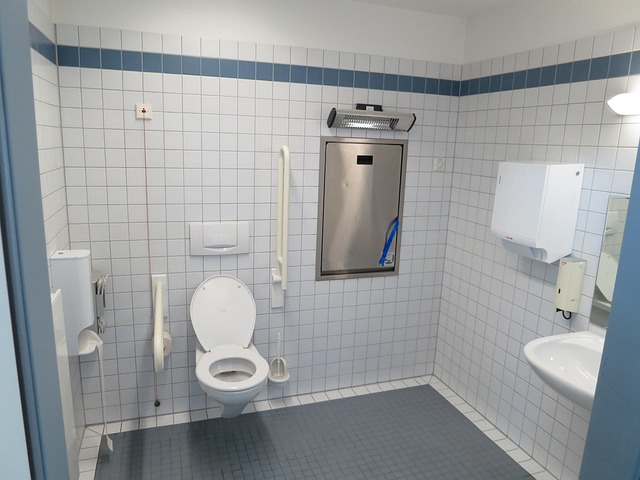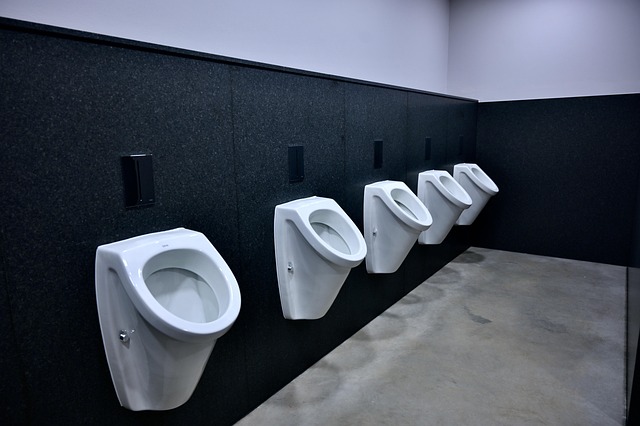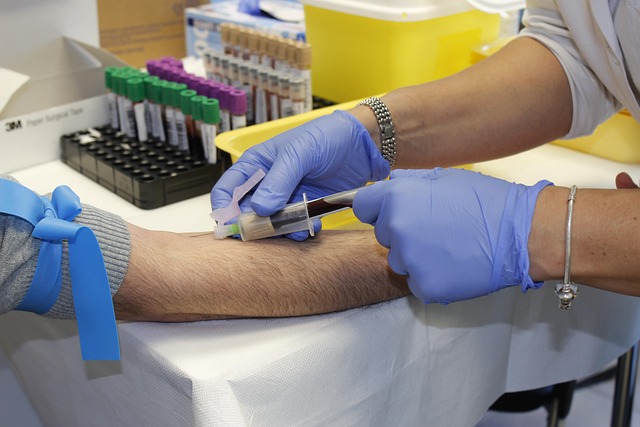Former president of the United States, Joe Biden, recently announced he has late-stage prostate cancer. This has brought the disease into the public spotlight once again. This is not surprising, considering it is the second most common cancer among men in the United States. Unfortunately, the disease often does not show any symptoms until the disease has progressed to an advanced stage. This is why screening for prostate cancer is so important. In this article, we take a closer look at five prostate cancer symptoms to look out for. If you experience any of these symptoms, book an appointment with your health practitioner. Or better yet, have yourself screened before symptoms even arise.
Difficulty Urinating

One of the early prostate cancer symptoms is difficulty urinating. This happens when the urethra gets compressed by a growing prostate gland. The urethra is a narrow tube that enables urine to pass from the bladder and exit the body. When it becomes too narrow, it can become difficult to urinate. This can lead to a sensation of urgency even though much urine doesn’t pass through. Sometimes, this can lead to urinary retention, a buildup of urine in the bladder. In these cases, a catheter may be required to help drain the urine from the bladder. They may also need to perform further evaluations to determine the size of the prostate, such as a digital rectal exam.
Blood In Your Urine

Known as hematuria, one of the scariest early prostate cancer symptoms is the appearance of blood in the urine. This symptom can also be caused by several other conditions, such as kidney stones or urinary tract infections. However, and sign of blood in your urine is cause for concern and necessitates a visit to the doctor. Even if there is no accompanying pain or it only happens once, you should not ignore it. When it comes to prostate cancer, the bleeding could result from tumors pressing against urinary tract blood vessels. It’s important to visit a urologist so that they can perform tests to rule out other conditions. They will perform various tests such as cystoscopy, urine analysis, and imaging studies to determine he cause.
Read More: 9 Foods That May Help to Reduce Prostate Cancer Risk
Frequent Urination

Needing to urinate more than usual, especially at night, is another of the prostate cancer symptoms to look out for. The feeling of urgency to relieve yourself is often accompanied by very little passing urine. The bladder will often feel like it is full because of the enlargement of the prostate. This results in signals from the brain that constantly tell you that you need to urinate. It’s important to visit a doctor so that they can check if your need to urinate is prostate-related or caused by an infection, diabetes, or benign prostatic hyperplasia.
Pain In the Pelvis

Pelvic pain is one of the advanced-stage prostate cancer symptoms. This pain can be located in the lower abdomen, perineum, lower back, or hips. In this advanced stage, the cancer spreads beyond the prostate, moving into the surrounding tissue, such as the bladder, rectal wall, or pelvic muscle. Some patients describe this feeling as a swollen feeling inside or like sitting on a small object. This pain may also be accompanied by changes in bowel movements or difficulties urinating.
A Weak Urine System

A weakened urine flow often develops when the prostate grows large enough to obstruct the urethra. This is usually rather subtle at first, but worsens over time. Males can often find it hard to start urinating or feel like they have to strain in order to do so. Some people may also find that they dribble once they stop urinating. While these issues are typically attributed to benign conditions or simply aging, they may indicate an underlying condition. To rule out potential causes, it’s recommended that you visit your doctor for an examination and a PSA blood test. A prostate-specific antigen screening test is the most prevalent detection method for prostate cancer.
Other Potential Prostate Cancer Symptoms

Other potential prostate cancer symptoms include pain in your bones and joints. This could indicate that the cancer has metastasized. While rare, there are also cases of people finding blood in their semen. Another sign to look out for is burning or pain when urinating. Another common symptom is difficulty maintaining an erection. While these symptoms aren’t always caused by prostate cancer, it is best to have yourself medically examined to determine their true cause. It is not something you can check yourself for, so the best method of detection is going for a screening.
Disclaimer: This information is not intended to be a substitute for professional medical advice, diagnosis or treatment and is for information only. Always seek the advice of your physician or another qualified health provider with any questions about your medical condition and/or current medication. Do not disregard professional medical advice or delay seeking advice or treatment because of something you have read here.
Read More: Men Who Neglect This Crucial Practice Face 45% Higher Risk of Prostate Cancer

